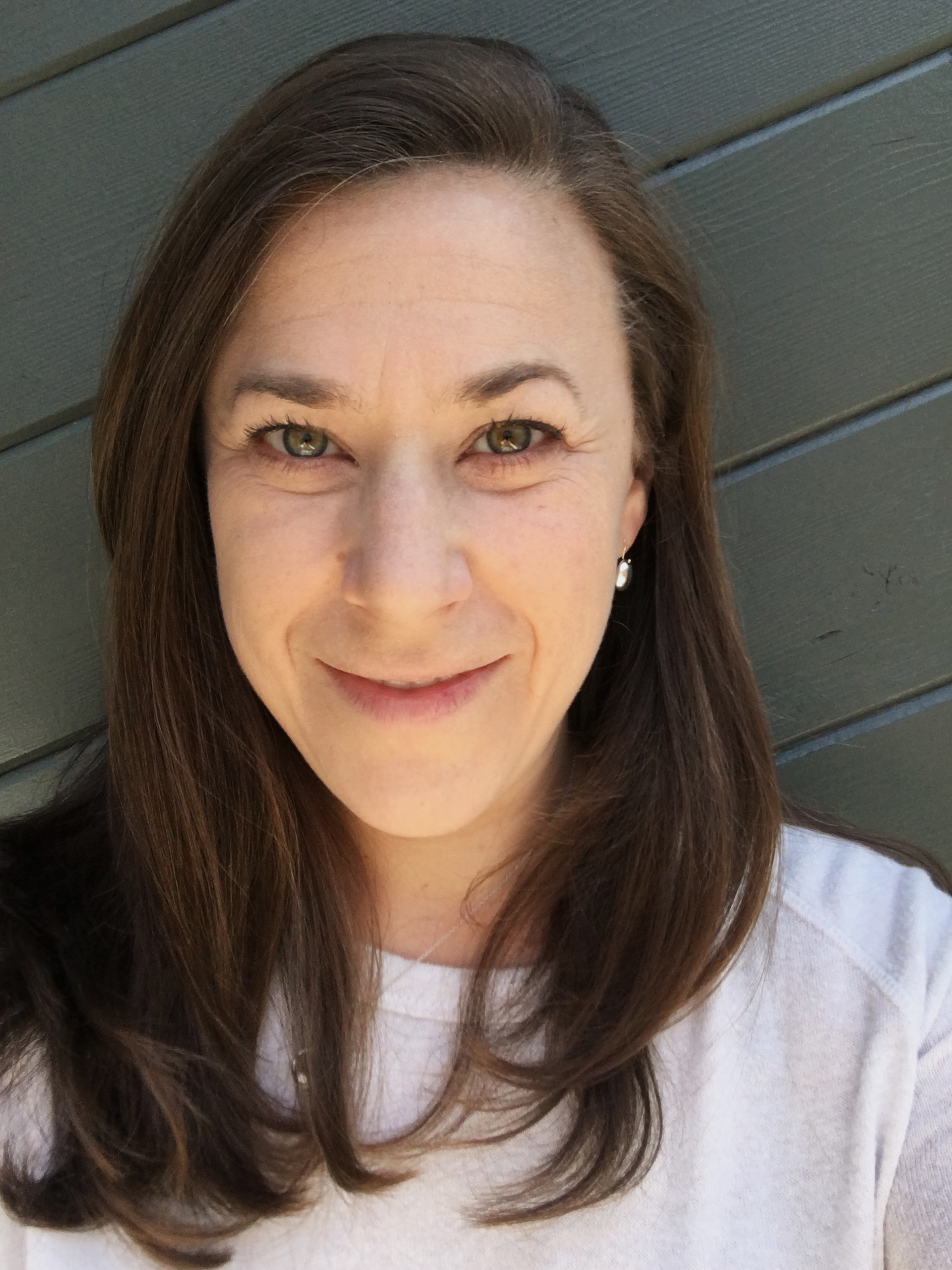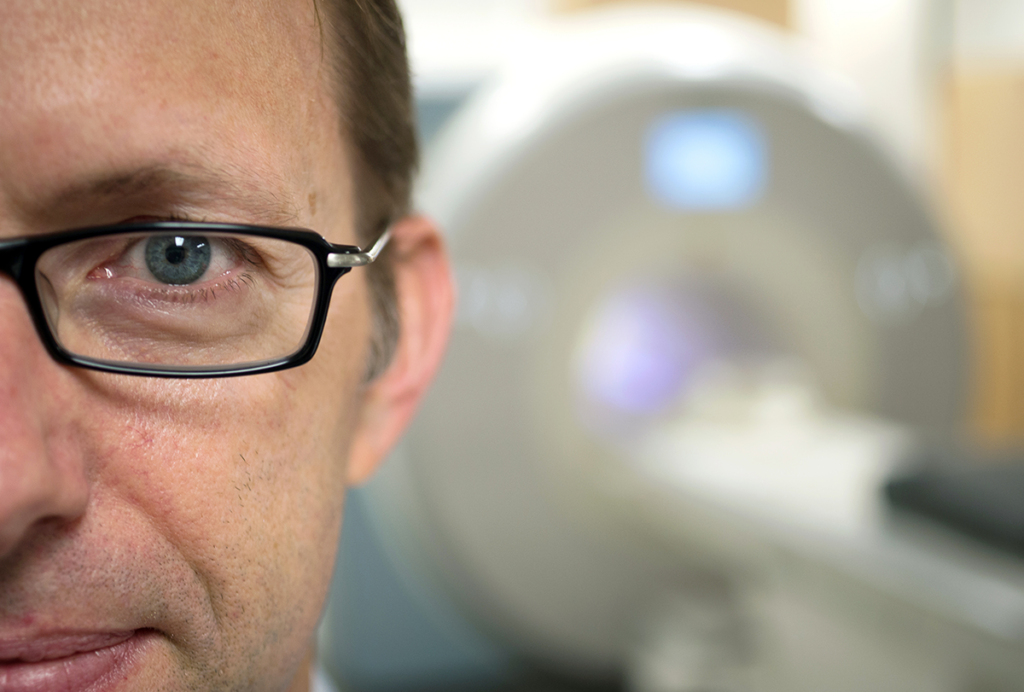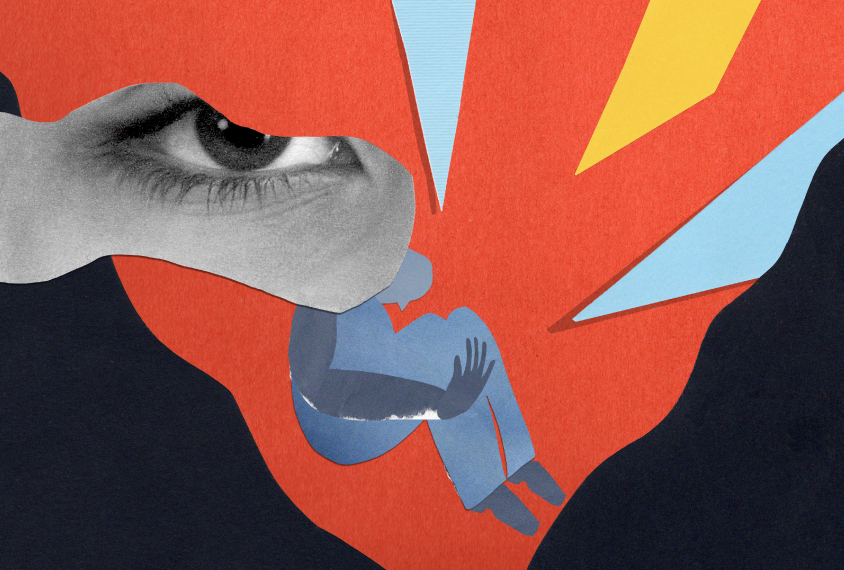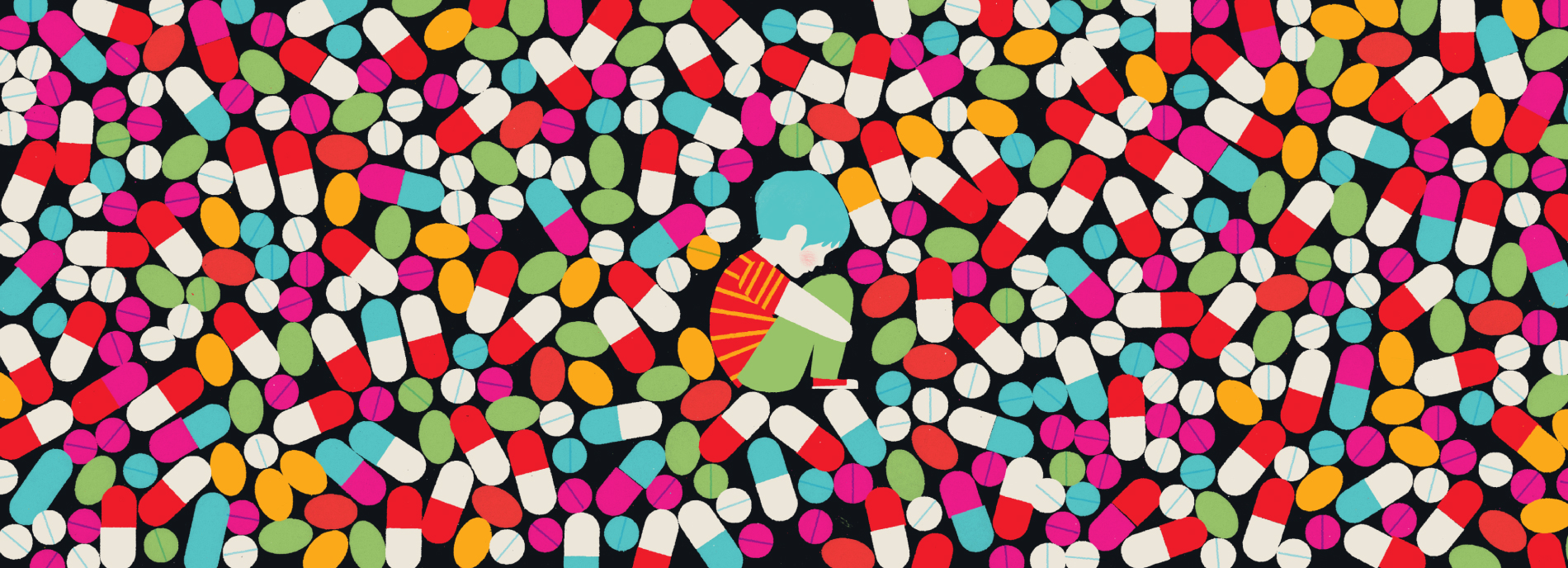Lauren Gravitz is a freelance writer and editor in Hershey, Pennsylvania, who covers health, medicine, science and the environment. Her stories have appeared in Nature, Aeon, The Economist, Technology Review, O, The Oprah Magazine and Discover, among others.

Lauren Gravitz
Freelance Writer
From this contributor
A brief history of precision self-scanning
When a researcher solved a logistical problem by going rogue, the idea proved remarkably infectious.

A brief history of precision self-scanning
At the intersection of autism and trauma
Autism and post-traumatic stress disorder share many traits, but the connection between them was largely overlooked until now.
Autism’s drug problem
Many people on the spectrum take multiple medications — which can lead to serious side effects and may not even be effective.
Lack of DNA modification creates hotspots for mutations
The absence of a chemical alteration called methylation on some stretches of DNA makes them especially prone to mutations, according to a paper published in PLoS Genetics in May.

Lack of DNA modification creates hotspots for mutations
Explore more from The Transmitter
Dendrites help neuroscientists see the forest for the trees
Dendritic arbors provide just the right scale to study how individual neurons reciprocally interact with their broader circuitry—and are our best bet to bridge cellular and systems neuroscience.

Dendrites help neuroscientists see the forest for the trees
Dendritic arbors provide just the right scale to study how individual neurons reciprocally interact with their broader circuitry—and are our best bet to bridge cellular and systems neuroscience.
Two primate centers drop ‘primate’ from their name
The Washington and Tulane National Biomedical Research Centers—formerly called National Primate Research Centers—say they made the change to better reflect the breadth of research performed at the centers.

Two primate centers drop ‘primate’ from their name
The Washington and Tulane National Biomedical Research Centers—formerly called National Primate Research Centers—say they made the change to better reflect the breadth of research performed at the centers.
Post-infection immune conflict alters fetal development in some male mice
The immune conflict between dam and fetus could help explain sex differences in neurodevelopmental conditions.

Post-infection immune conflict alters fetal development in some male mice
The immune conflict between dam and fetus could help explain sex differences in neurodevelopmental conditions.

